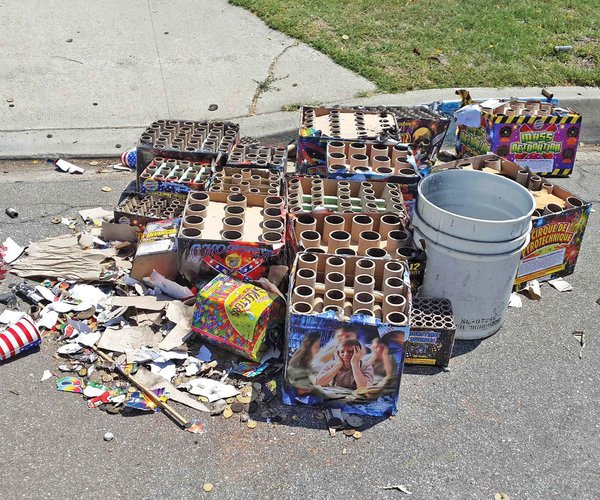It is no secret that residents throughout the Valley were unhappy with the original draft of the State Water Board's flow proposal, which intended to dedicate 35 percent of unimpaired river flow for fish and wildlife beneficial uses.
But since the state's hearing on the adequacy of the draft Substitute Environmental Document, the water board has been attempting to fulfill all the needs of the fisheries, farmers, and California water users by expanding its outreach before implementing a final resolution.
The water board has also accepted an invitation by Assemblyman Adam Gray and Stanislaus County Board of Supervisors Chairman Vito Chiesa to discuss solutions and additional research with Central Valley residents on their own turf.
Les Grober, assistant deputy director of water rights, will act as a representative for the State Water Board at the next Middle San Joaquin Watershed stakeholder meeting set for 3 p.m. to 5 p.m. today in Rooms D&E of the Stanislaus County's Agricultural Center, 3800 Cornucopia Way in Ceres.
His presentation will describe the water board's Bay-Delta planning process and reiterate the proposal to modify the San Joaquin River's flow objectives, as well as address audience members who are affected by the current proposal.
"We're ideally looking for constructive comments," said Grober. "The board has a charge to do certain things. I want to push that we have to make determinants about the competing uses of water. Our plan has been to acquire as much information as possible in order to make the best decision possible."
Since the hearing, over 4,000 comments have been presented to the board, but few suggesting solutions.
Watershed Coordinator Chester Anderson anticipates the meeting will spark a cooperative effort between locals and the State Water Board to effectively solve conservation objectives and water resources.
"These are complicated issues, and we won't have all the answers, but we need civil dialogue and communication to discuss these issues," said Anderson. "I think, on a local scale, being part of the conversation is very important, as well as listening; really listening. The stakeholder process is about locally led, proactive conservation."
Stanislaus County Agricultural Commissioner Milton O'Hair will also present a report on the Central Valley's agricultural economy, and the need for water in order to maintain economic support.
"Water is very important in our area," said O'Hair. "We need only three things to cooperate to keep our economy going; water, soil, and weather. Without one of these necessities, the land will be affected."
Though the water board was expected to make a final decision by late summer, Grober believes that the additional research will push the initial deadline back into late fall or early winter, or even present an interim draft.





